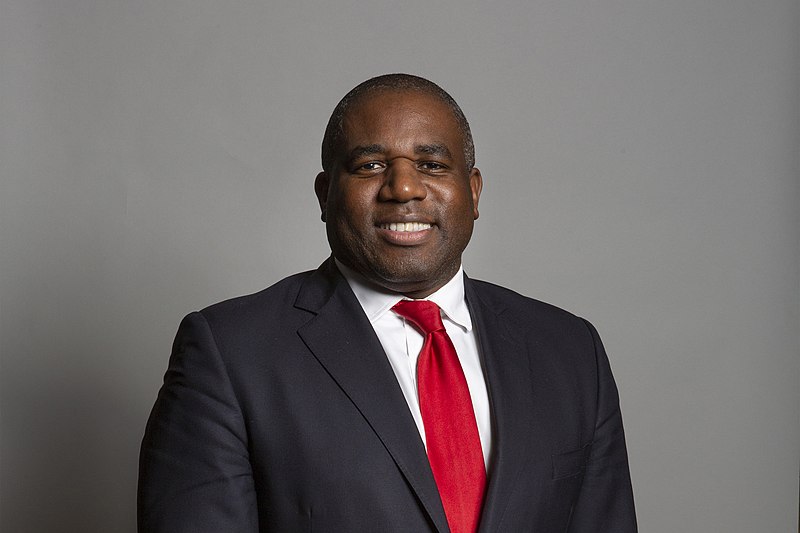
At a tense G20 meeting in South Africa, U.K. Foreign Secretary David Lammy expressed doubts about Russia's willingness to seek peace in Ukraine. His remarks came after listening to a speech
by Russian Foreign Minister Sergey Lavrov during a closed-door session with senior diplomats in Johannesburg on Thursday.
"I have to say, when I listened to what the Russians and what Lavrov have just said in the chamber this afternoon, I don’t see an appetite to really get to that peace," Lammy told reporters.
He also noted that Lavrov left the room when it was his turn to speak. No details of Lavrov’s speech were publicly disclosed.
Tensions at the G20 meeting
The two-day G20 gathering, which runs through Friday, follows recent high-level talks between the U.S. and Russia on ending the war in Ukraine. Notably, these discussions excluded Washington’s European allies and Ukraine itself.
The diplomatic landscape was further shaken by U.S. President Donald Trump’s criticism of Ukrainian President Volodymyr Zelensky and his false claim that Ukraine was responsible for Russia’s full-scale invasion. The war’s third anniversary is approaching next week.
“At the moment, we’ve had talks effectively about talks,” Lammy said. “We’ve not got anywhere near a negotiated settlement.”
In his own address, Lammy accused Russia of “Tsarist imperialism” and criticized its failure to learn from historical colonial conflicts.
“Mature countries learn from their colonial failures and their wars,” Lammy said, according to a transcript released by the U.K. Foreign Office. “But I’m afraid to say that Russia has learned nothing.”
He added that he had hoped to hear some acknowledgment of the war’s victims and a commitment to peace but instead heard only “the logic of imperialism dressed up as realpolitik.” Lammy dismissed Lavrov’s remarks as “the Russian gentleman’s tired fabrications.”
Tensions at the event were further underscored when the traditional group photo of foreign ministers was canceled without explanation.
The G20’s divisions and Russia’s growing ties with China
The U.K., France, Germany, and the European Union reaffirmed their support for Ukraine at the G20 meeting. However, U.S. Secretary of State Marco Rubio was notably absent. Rubio had led recent negotiations with Lavrov in Saudi Arabia but chose to boycott the G20 meeting, citing U.S. tensions with host nation South Africa. The U.S. was instead represented by Dana Brown, its acting ambassador to South Africa.
Meanwhile, Lavrov held bilateral talks with Chinese Foreign Minister Wang Yi. Russia’s Foreign Ministry later stated that Russian-Chinese relations “remain an increasingly significant factor in stabilizing the international situation and preventing it from sliding into total confrontation.”
The G20, which includes 19 major economies along with the European Union and the African Union, aims to foster global cooperation. However, consensus is often difficult to achieve due to conflicting interests among key players such as the U.S., Europe, Russia, and China—differences that have only deepened since Russia’s 2022 invasion of Ukraine.
Challenges for the G20 under South Africa’s leadership
South Africa holds the G20’s rotating presidency this year. In his opening remarks, President Cyril Ramaphosa emphasized the need for serious dialogue amid geopolitical tensions, climate change, pandemics, and global energy and food insecurity.
“There is a lack of consensus among major powers, including in the G20, on how to respond to these issues,” Ramaphosa said.
Further complicating the summit’s effectiveness, Rubio announced that he would also skip the main G20 summit in South Africa in November. Additionally, U.S. Treasury Secretary Scott Bessent has declined to attend next week’s G20 finance ministers meeting, citing commitments in Washington. Many view this as another example of Trump’s “America First” approach taking precedence over international collaboration.
With deepening global divisions, the G20 continues to struggle to serve as a forum for meaningful diplomatic consensus. Photo by David Woolfall, Wikimedia commons.







































